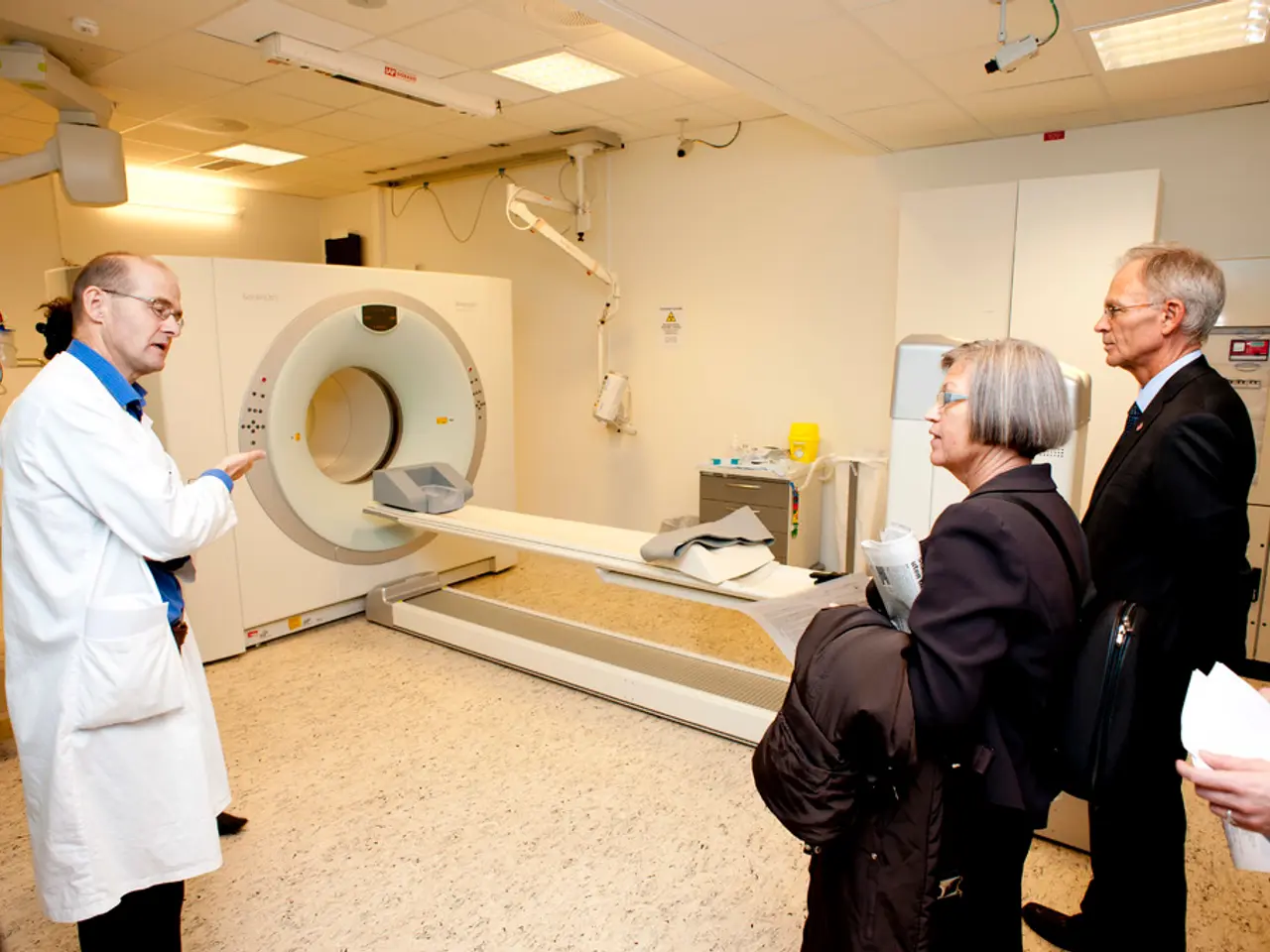Discussion Point: Evaluating the Value of an Expedition Medic in Contested Scenarios
World Extreme Medicine Conference 2024 Discusses Fair Pay for Expedition Medics
At the World Extreme Medicine Conference 2024, a panel discussion centred around the expedition medicine industry delved into the pressing issue of fair pay for medics. The session, considered essential viewing for both newcomers and veterans in the field, was led by a panel consisting of Alex Taylor, Ben Alba, Will Duffin, and Mark Hannaford.
The discussion focused on several key areas, with a particular emphasis on the unique risks faced by expedition medics, indemnity coverage, contracts, and the broader evolution of the industry.
Risks
Expedition medics often find themselves operating in high-risk, remote, and extreme environments where medical support can be life-critical. The conference underscored the importance of pay reflecting not only the technical and medical skills required but also the mental and physical risks involved.
Indemnity
There was a consensus that medics must have appropriate indemnity insurance tailored to expedition contexts, covering potential liabilities in remote settings where conventional policies might not apply. Organizers and operators were urged to ensure clarity on indemnity terms before deployment.
Contracts
Detailed and fair contracts were highlighted as essential. These contracts should clearly define roles, responsibilities, remuneration, risk-sharing, cancellation policies, and conditions under which the medic operates, especially concerning emergency evacuations and complications.
Industry Evolution
The discussions reflected a maturation in expedition medicine as a profession, moving away from informal arrangements towards recognized career pathways, standardized pay rates, and better working conditions. Models incorporating day rates, hazard pay, and formal leadership roles within expedition teams were noted examples of this development.
Also underscored was the need for education and advocacy to raise awareness among expedition operators and clients about the value and needs of medics. The panel discussed the Adventure Medic: Expedition Pay Article and the Faculty of Pre-Hospital Care guidance (RCSEd).
BS 8848 British Standards for Expedition Safety
The panelists openly discussed advocating for fair pay in the expedition medicine industry. The panel also touched upon the relevance of BS 8848 British Standards for Expedition Safety, which were part of the discussion.
In conclusion, the conference reinforced that fair pay for expedition medics must consider the comprehensive scope of their work and risks, backed by solid contractual and indemnity frameworks. While explicit, standardized pay guidelines are still emerging, the trend is towards transparent, risk-adjusted remuneration and protection mechanisms aligned with modern expedition medicine practice.
- In the World Extreme Medicine Conference 2024, a panel emphasized the need for expedition medic pay to reflect not only technical and medical skills but also the mental and physical risks involved, given the high-risk, remote, and extreme environments they often work in.
- The conference highlighted the importance of appropriate indemnity insurance for medics, with tailored policies for expedition contexts, addressing potential liabilities in remote settings where conventional coverage might not apply.
- For a fair and accurate representation of their roles and responsibilities, the panel suggested detailed contracts that clearly state remuneration, risk-sharing, cancellation policies, and emergency evacuation conditions for medics in the fitness-and-exercise, health-and-wellness, and medical-conditions industries.
- The conference showcased the evolution of the expedition medicine industry, emphasizing the move towards recognized career pathways, standardized pay rates, and better working conditions, backed by models such as day rates, hazard pay, and formal leadership roles within teams.
- The panel's discussions revolved around the importance of education and advocacy for recognition of the value and needs of medics in the business and finance sectors, making references to resources like the Adventure Medic: Expedition Pay Article and the Faculty of Pre-Hospital Care guidance (RCSEd). Furthermore, the relevance of BS 8848 British Standards for Expedition Safety was part of the discussion, as they play a crucial role in setting fair and appropriate standards for risk management in the field.




